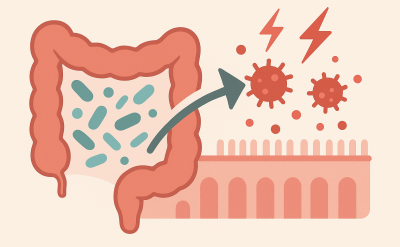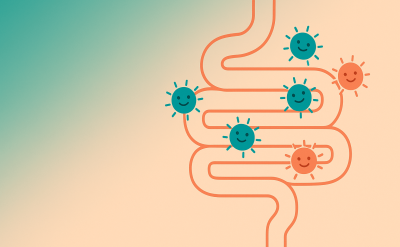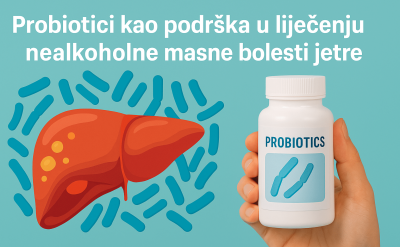The Role of Probiotics in Preventing and Treating Colorectal Cancer
Colorectal cancer (CRC) is the third most common type of cancer globally and the second leading cause of cancer-related deaths. Typically beginning as benign polyps, these growths can eventually transform into adenocarcinoma, a malignant form.
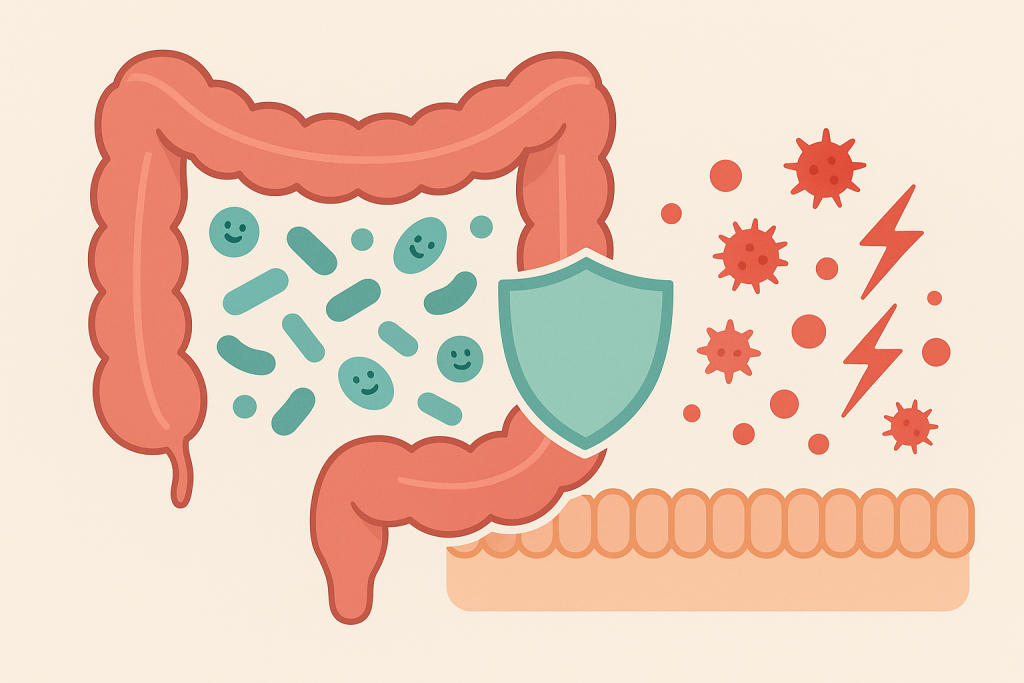
Why Does Colorectal Cancer Develop?
Key factors contributing to CRC include:
Genetic mutations (APC, KRAS, TP53)
Chronic inflammation
Dysbiosis, or imbalanced gut microbiota
Epidemiological Facts About CRC
Highest incidence in developed countries (USA, Canada, Australia, Western Europe)
More common after age 50, but increasing among younger populations
Five-year survival rate of 60-65%, significantly higher with early detection
How Can Probiotics Help?
Probiotics are live microorganisms that help maintain a balanced gut microbiota, significantly reducing the risk of developing CRC.
1. Restoring Gut Microbiota Balance
Probiotics increase beneficial bacteria like Lactobacillus and Bifidobacterium, reducing harmful bacteria such as Fusobacterium nucleatum.
2. Inhibiting Pathogenic Bacteria
Probiotics create an acidic environment and produce antimicrobial substances (bacteriocins), preventing the growth of harmful bacteria.
3. Detoxifying Carcinogenic Compounds
Specific probiotic strains (Lactobacillus rhamnosus, Bifidobacterium longum) can bind carcinogens and reduce activation of enzymes that convert procarcinogens into active carcinogenic compounds.
4. Anti-inflammatory Effects
Chronic inflammation is a significant CRC risk factor. Probiotics reduce inflammatory cytokines (TNF-α, IL-6) and increase anti-inflammatory mediators (IL-10).
5. Strengthening the Gut Barrier
Probiotics restore gut mucosa, reinforce the intestinal barrier, and prevent harmful substances from entering.
6. Immune Modulation
Probiotics activate the local immune system, helping the body recognize and destroy malignant cells.
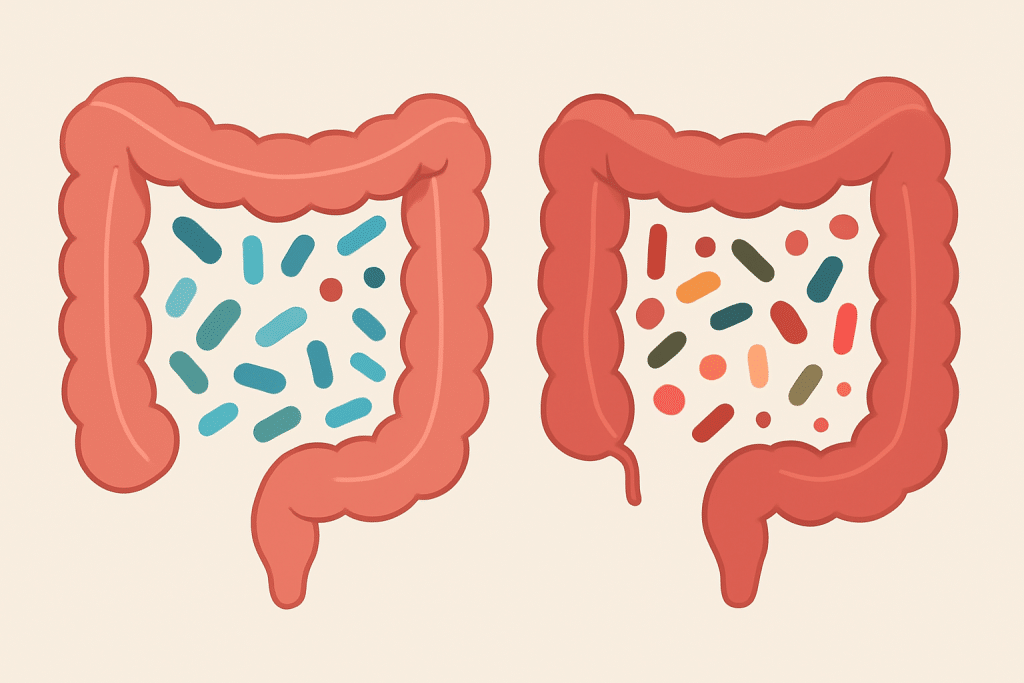
CRC Prevention Through Probiotics
In addition to regular screening and healthy lifestyle habits, regular probiotic consumption can help prevent CRC, especially in high-risk groups.
Conclusion and Future Perspectives
Probiotics have significant potential in preventing and treating colorectal cancer. However, further research is necessary to define optimal strains, dosages, and treatment durations. In the future, probiotics are likely to play an increasingly prominent role in personalized medicine.



